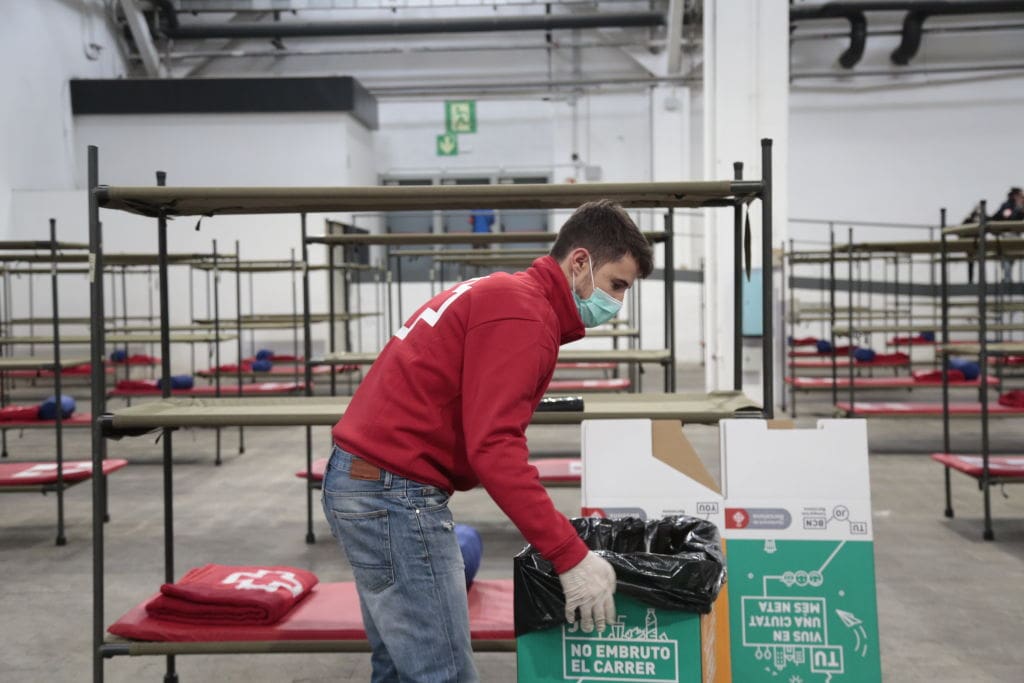Europe at a Crossroads sets out clear guidance on governments should and should not do in response to the ongoing pandemic. These include ensuring people’s right to health, guaranteeing the rights to housing, water and sanitation, and ensuring protection for the most vulnerable in society.
“Restrictions on some of our most basic human rights are spreading across Europe almost as fast as the virus itself. Whilst many of these are necessary to protect public health, history will not judge kindly those that use the pandemic as a pretext for discrimination, repression or censorship,” said Marie Struthers, Europe Director at Amnesty International.
“While states have an obligation to take steps to control the spread of the pandemic, human rights must be kept at the center of all prevention, containment and treatment efforts.”
Amnesty International’s central call to states is that authorities take all measures to the maximum extent their resources allow to counter the pandemic and fulfill everyone’s right to health.
It also means recognizing that some groups face a heightened risk of infection. For example, older people and people with specific underlying health conditions are likely to face more serious health risks associated with COVID-19.
Vulnerable groups such as asylum seekers, refugees and migrants, particularly those in overcrowded camps, face greater risk of infection. Likewise, marginalized groups such as Roma, the homeless and people deprived of liberty in prisons, immigration detention centers, and other types of institutions must be protected.
Countries must take account of the fact that women and children may be at increased risk of domestic violence and victims may be forced to self-isolate with their abusive partners or relatives. Resources and measures need to be allocated to mitigate risks and ensure they continue accessing protection and support services during the crisis and that such services are accessible to all women, including those with irregular immigration status without fear of deportation.
Many European governments have passed emergency laws and taken measures that restrict freedom of movement, association, expression and public assembly, the right to private and family life, and the right to work. While some emergency measures are justified, governments must ensure that such measures are always lawful, necessary and proportionate, and are temporary and subject to independent oversight and review.
While restrictions on movement may be required, the pandemic should not be used as a pretext to turn refugees away. The right to seek asylum must be recognized, and people should not be returned to places where they could be at risk of serious human rights violations.
“As the days go by it is increasingly apparent that the COVID-19 crisis is affecting everyone. But some people in our societies are suffering a great deal more than others,” said Marie Struthers.
“This crisis reveals how exclusion, inequality and human rights violations are interconnected. But this crisis also gives European governments an opportunity to make the radical changes needed for us to be the society we want to be. A society that puts human rights at the forefront of any measures we taken, ensures that no one is left behind, and takes care to protect the groups most at risk.”
To learn more about COVID-19 and human rights, visit: https://www.amnestyusa.org/distant-but-together-responding-to-covid-19/
For more information or to arrange an interview, please contact Mariya Parodi, [email protected]

